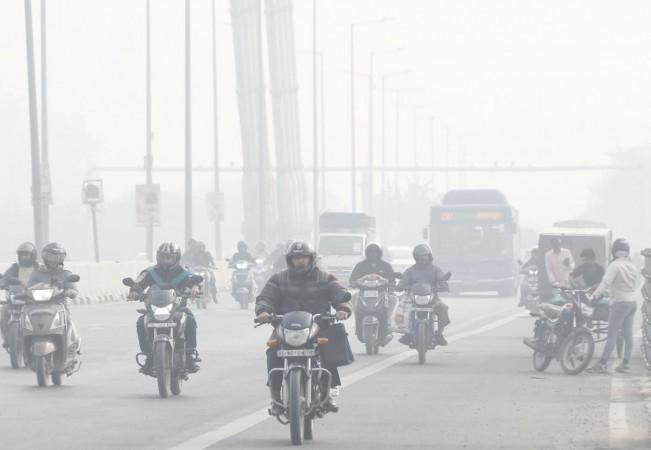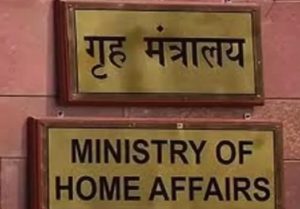
The Supreme Court has recently taken a firm stance against the non-compliance of the Graded Response Action Plan (GRAP) Stage IV norms. The apex court has ordered the Commission for Air Quality Management (CAQM) to take immediate action against the defaulting officers and entities who have shown a carefree approach towards the implementation of these norms in the national capital and its adjoining states. The bench, comprising Justices Abhay S.
Oka and A.G. Masih, emphasized that the court cannot permit any relaxation of the Stage IV norms until it is satisfied with a consistent downward trend in the Air Quality Index (AQI).

This decision underscores the court's commitment to ensuring the health and well-being of the citizens by maintaining the air quality standards. In a significant directive, the bench led by Justice Oka instructed the governments of Delhi and the National Capital Region (NCR) to utilize the funds collected as labour cess for the welfare of construction workers. The court has proposed a weekly subsistence allowance for these workers for the duration when construction activities are prohibited.
The court's order stated, The Commission (CAQM) has all the powers under Section 12(1) of the Commission for Air Quality Management in National Capital Region and Adjoining Areas Act, 2021 to issue directions to various Authorities to take several measures to ensure that the persons in the category of labourers, daily wagers, economically weaker sections, etc., do not suffer. The Supreme Court also urged the CAQM to consider the issue of granting relaxation of actions concerning educational institutions.
The court expressed concern over the large number of students being deprived of mid-day meals due to the closure of schools and anganwadis or lack of facilities for online education. The court noted, The residences of many students do not have air purifiers, and therefore, there may not be any difference between the children sitting at home and the children attending school. It directed the Commission to take an appropriate decision on these aspects immediately.
This is not the first time that the Supreme Court has taken a strong stand on environmental issues. In the past, the court has passed several landmark judgments to protect the environment and ensure the right to a healthy environment as a part of the right to life under Article 21 of the Constitution. In the historic M.
C. Mehta vs Union of India case, the court ordered the closure of tanneries polluting the Ganga river. In the Vellore Citizens Welfare Forum vs Union of India case, the court introduced the 'polluter pays' principle.
These cases, among others, highlight the court's proactive role in environmental governance. The current order of the Supreme Court is another step in this direction. It sends a clear message to the authorities about the seriousness of the issue and the need for immediate action.
The court's intervention is expected to bring about a significant change in the approach towards the implementation of environmental norms and the management of air quality in the national capital and its adjoining areas. Is anyone stopping polluting trucks from entering Delhi, asks SC SC trashes pleas challenging insertion of 'Socialist', 'Secular' in Preamble to Constitution SC suggests Delhi-NCR schools to stop physical classes amid pollution fears.










